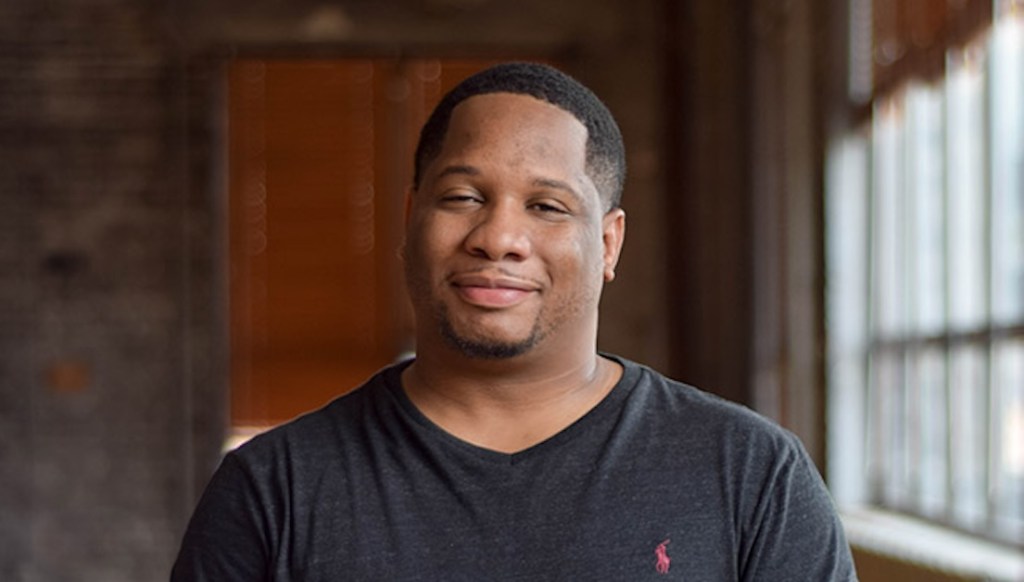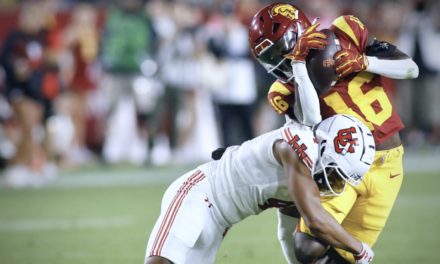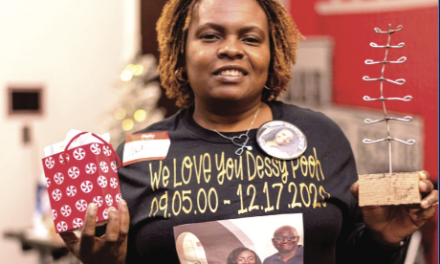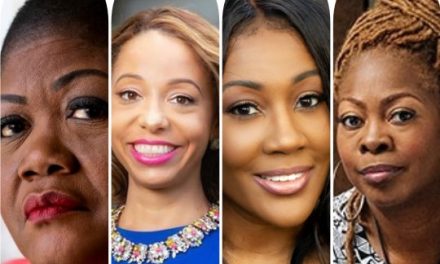By Dayvon Love

Black youth are often the central repository for all negative notions attributed to “Blackness.” In other words, Black youth are projected to be inherently criminal, dangerous, lazy, intellectually inferior and more.
These characteristics are deemed by this society as traits inherent to Black people. Explicitly and implicitly, Black people are societally positioned in a way that we have to disprove that we are any of the characteristics mentioned earlier in order for our humanity to be respected. Due to the system of White supremacy that structures all aspects of civil society, the societal default position that Black people occupy is of intellectual, social and cultural inferiority. This is especially the case for Black youth.
Many of the interventions that are most heavily supported and endorsed by mainstream philanthropy and media commentators are attempts to get youth to disavow their cultural and social affiliation to their community. These initiatives bring corporate, middle class mentors to teach kids how to be less “ghetto,” and instill in them that they are not “like the rest of them.” There are often attempts to “save” youth from their community, and that message comes through when people are commonly describing their aspirations as trying to “make it out.” There are a few individual Black youth that benefit from these kinds of interventions, but this mentality leaves a community that is already left behind in a state of isolation, with stigma and lack of meaningful opportunities.
Black youth riding dirt bikes is often represented as a symbol of the out of control Black youth that needs to be cleansed of their pathological Blackness. Fox 45 covers the issues regarding dirt bike riders in Baltimore with the same racist propaganda frame that they do with violence in Baltimore. They do this by taking individual extreme instances of violence or criminality and projecting that to be the general state of affairs in Baltimore.
For instance, in a Nov. 30, 2023 story Fox 45 quotes law enforcement saying “Of course violent crime is a top priority but you can’t let neighborhoods descend into chaos and anarchy.” This was the explanation for focusing on enforcing dirt bike laws when resources should be focused on violent crime. The association of dirt bike riding with violent crime and “chaos and anarchy” in the community makes the youth that ride them targets of increased negative media representations that contribute to the societal dehumanization of Black youth. This also elevates their exposure to the criminal justice system.
B360 is an organization that uses dirt bikes to teach STEM education to young people in Baltimore. It utilizes the interest that Black youth have with dirt bikes, to teach them skills that will help them get access to education and opportunities that may not be available to them otherwise. These science and engineering skills from this program provides youth access to scholarships and job opportunities that are needed.
Many of the youth who ride dirt bikes are young people who aren’t reached by existing mainstream interventions. There are many Black youth that are not interested in changing the pitch in their voice to make White people feel more comfortable, or changing the way they dress so that people see them as more evolved and less “hood.”
B360’s appeal to this population of youth makes it an important opportunity to engage a segment of our community that is criminalized and stigmatized, in a way that truly respects their community. It is an invitation to talk with a population that this society often seeks to send them to jail, and to give them something that can truly provide the kinds of opportunities that don’t require them to abandon the love they have for the community that produced them.
Baltimore State’s Attorney Ivan Bates has announced that his office will increase enforcement of illegal dirt bike activity. This approach to dealing with folks that ride dirt bikes relies on the weaponization of the criminal justice system that is fueled by the societal notions of inherent Black pathology and criminality. The better approach is to embrace dirt bike riders, and by extension youth who are traditionally deemed hopelessly trapped in their affinity to “chaos and anarchy,” and that comes in the form of the advocacy work that B360 is engaged in.
Currently there are two major efforts that I would urge the community to support. First, is to allow people to have an opportunity to get their dirt bikes back when they are confiscated by law enforcement. This would allow for participants in B360’s program to get their bikes back when confiscated by law enforcement. Secondly, to support B360’s effort to establish a dirt bike park in Baltimore City. This would allow for B360 to encourage folks to ride in a centralized place so that riders have a safer place to ride.
LBS encourages the community to pressure the Baltimore City Council and the mayor to allow for people to recover their bikes when confiscated by law enforcement and to establish a site for dirt bike riders to lawfully ride in Baltimore. We also encourage the community to oppose attempts to zealously enforce the laws on riding dirt bikes that are coming from the state’s attorney’s office.
The post Dirt Bikes, Black youth and Baltimore appeared first on AFRO American Newspapers.











